A Record-Breaking Venture Capital Round for Solar Geoengineering Startup
Last week, American-Israeli company Stardust announced it had secured $60 million in funding, the largest known venture capital round to date for a solar geoengineering startup. The investment will enable Stardust to develop a system that could be deployed as early as the start of the next decade, according to Heatmap, which broke the story.
The funding round is a significant milestone in the rapidly growing solar geoengineering industry, which has seen increased investment in recent years. In 2020, the global solar geoengineering market was valued at $1.3 billion, and it is expected to reach $5.6 billion by 2027, growing at a compound annual growth rate of 24.5%.
Stardust's technology, which has been touted as a proprietary method for cooling the planet, has raised concerns among scientists who have worked on the science of solar geoengineering for decades. David Keith, a professor of geophysical sciences at the University of Chicago, and Daniele Visioni, an assistant professor of earth and atmospheric sciences at Cornell University, have expressed concerns about the emerging efforts to start and fund private companies to deploy technologies that could alter the climate of the planet.
The company's system is designed to reflect sunlight back into space, thereby cooling the planet. However, the technical feasibility and safety of such a system are still unclear, and some scientists have questioned the company's claims about its technology. Keith and Visioni have also expressed concerns about the lack of transparency and regulation in the industry, which they believe could lead to a loss of public trust.
The solar geoengineering industry is a rapidly evolving space, with several companies vying for market share. While some companies, like Stardust, are focused on developing technologies to cool the planet, others are exploring methods to enhance the Earth's natural climate processes. The industry's growth is being driven by concerns about climate change and the need for innovative solutions to mitigate its effects.
As the industry continues to grow, it is likely that we will see increased investment and innovation in solar geoengineering technologies. However, it is also clear that the industry needs to address the concerns of scientists and the public about the safety and efficacy of these technologies. The future of the industry will depend on its ability to balance the need for innovation with the need for transparency, regulation, and public trust.
In a recent interview, Keith noted that the industry needs to be more transparent about its goals and methods, and that it needs to engage more with the scientific community and the public. "We need to have a more open and honest conversation about the risks and benefits of solar geoengineering," he said. "We need to be clear about what we are trying to achieve and how we plan to achieve it."
The Simpsons, the popular animated TV show, has also weighed in on the topic of solar geoengineering. In a recent episode, the show's characters discussed the concept of geoengineering and its potential implications for society. The episode highlighted the need for a more nuanced and informed discussion about the topic, and the importance of considering the potential risks and benefits of such technologies.
As the industry continues to evolve, it is clear that solar geoengineering will play a significant role in the global effort to mitigate climate change. However, it is also clear that the industry needs to address the concerns of scientists and the public about the safety and efficacy of these technologies. The future of the industry will depend on its ability to balance the need for innovation with the need for transparency, regulation, and public trust.
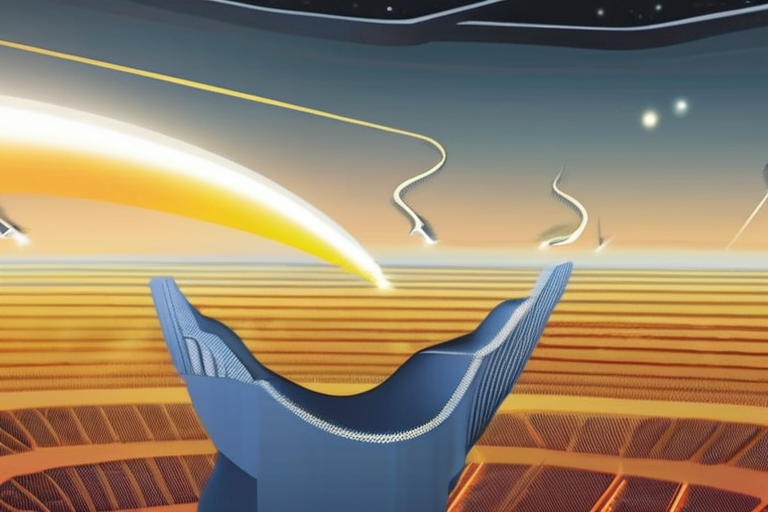

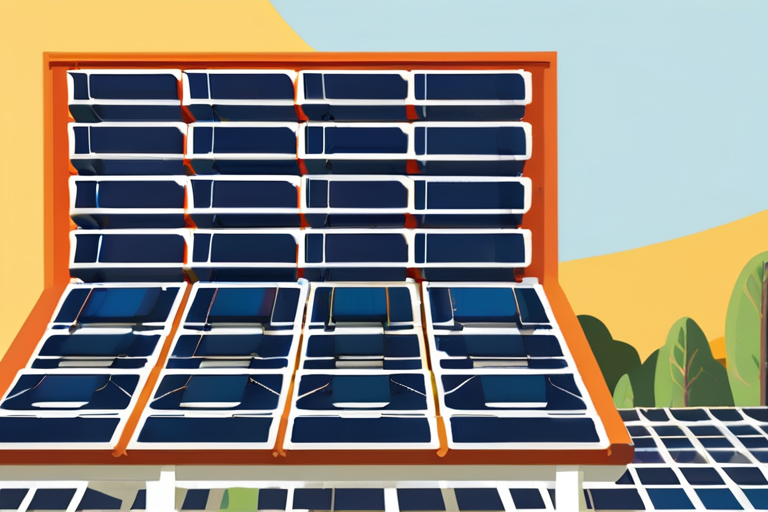



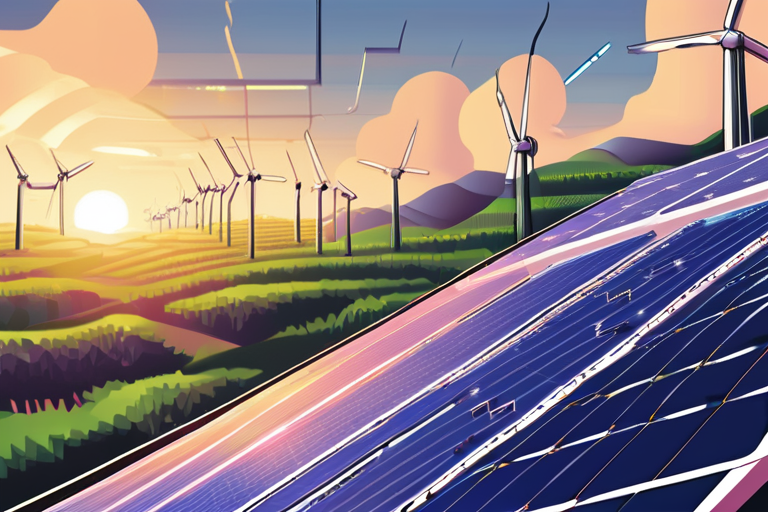
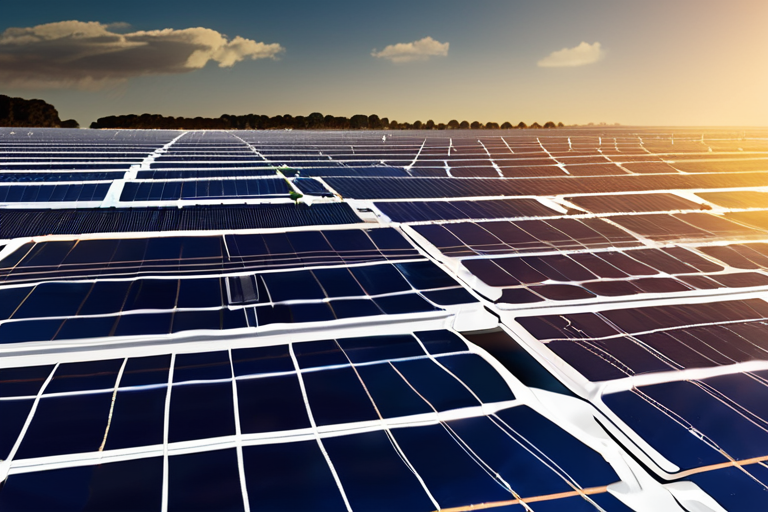
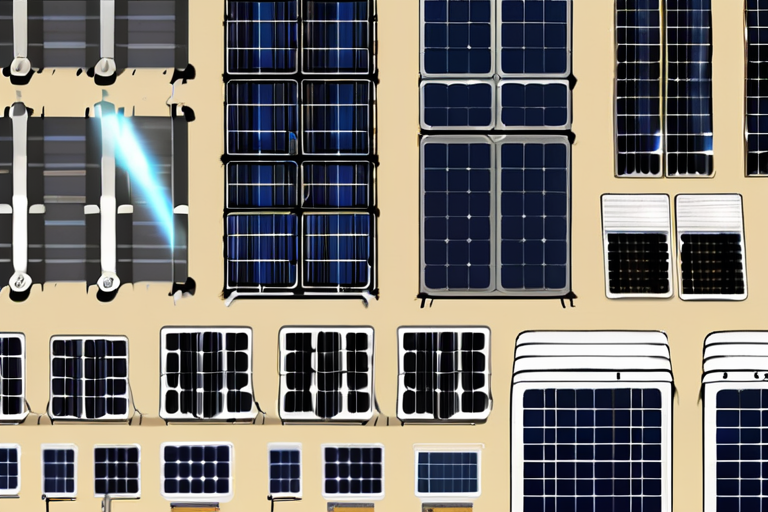
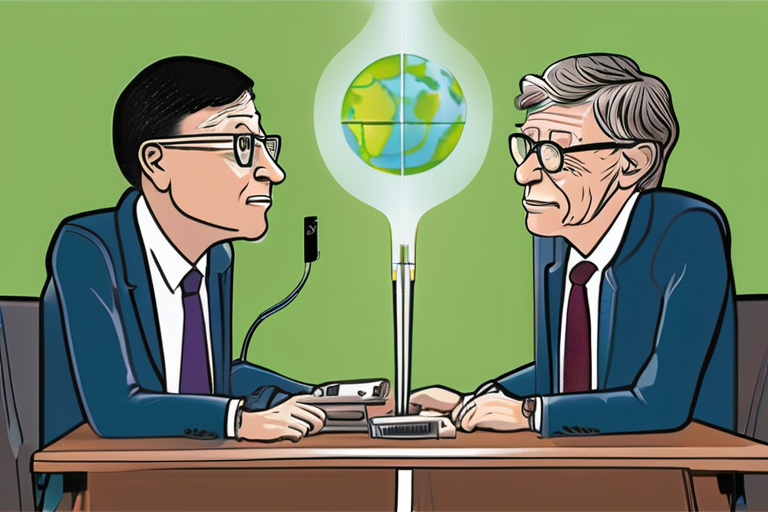
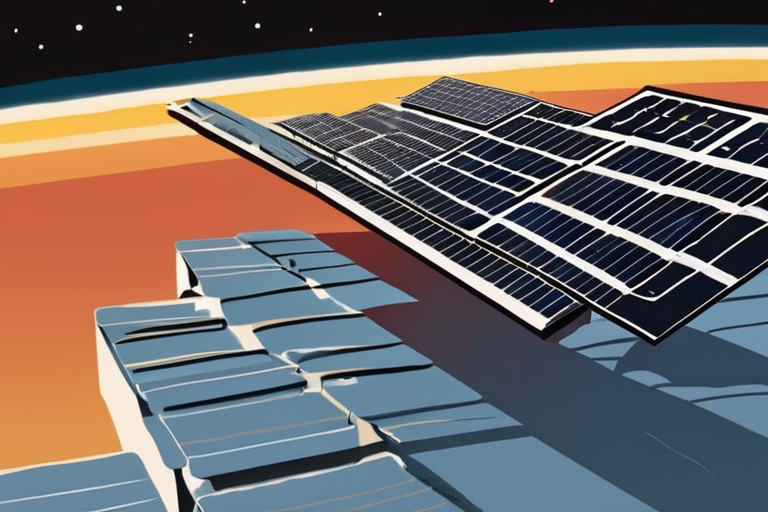
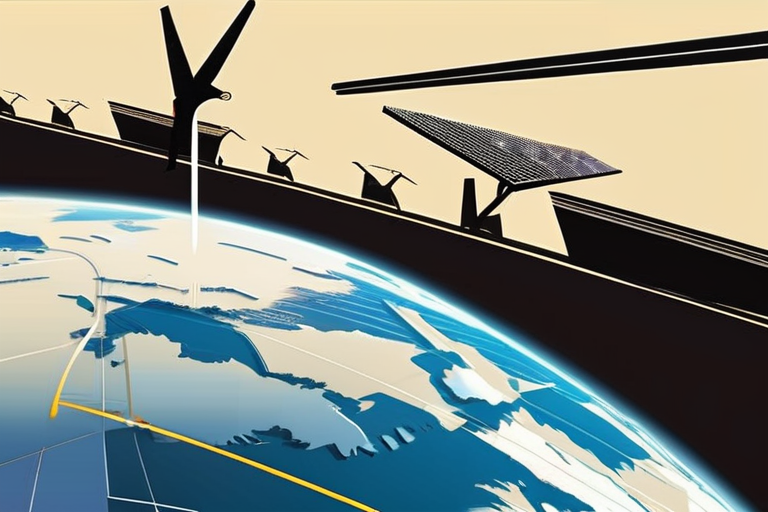
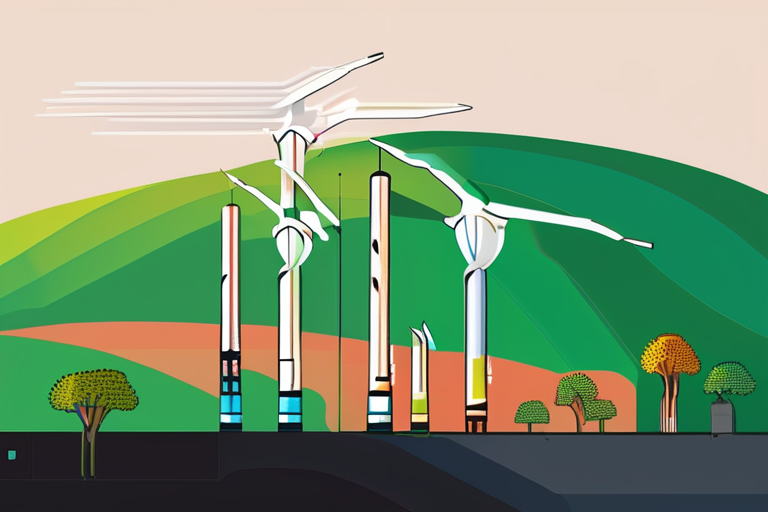
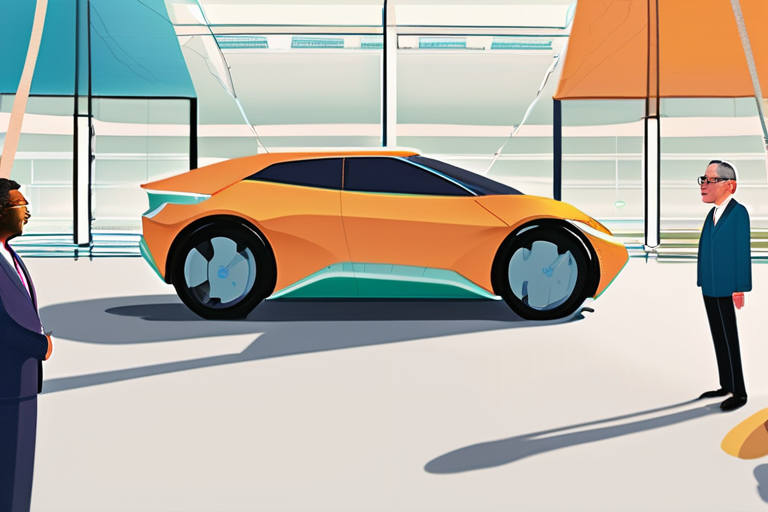
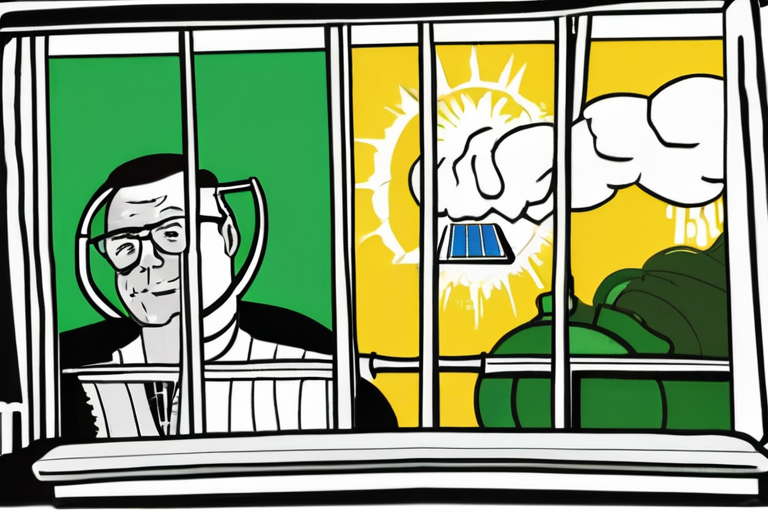

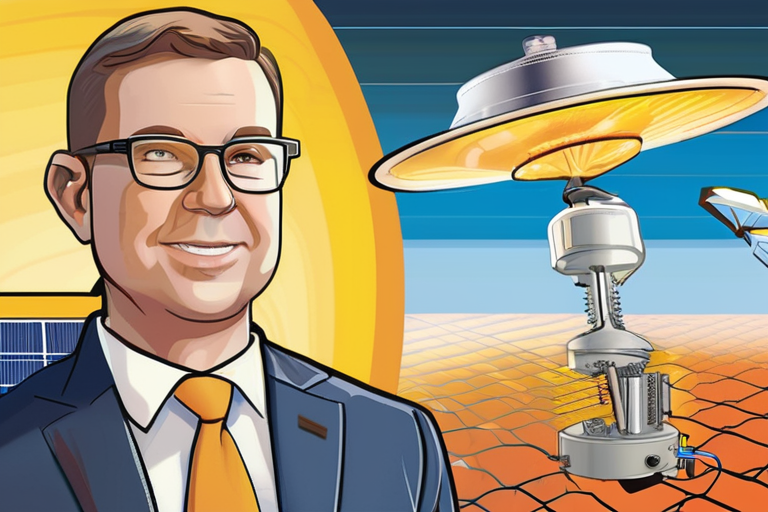






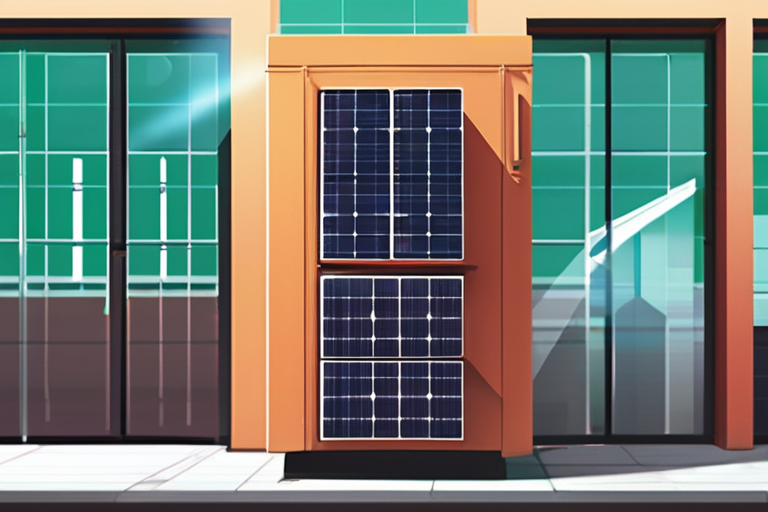
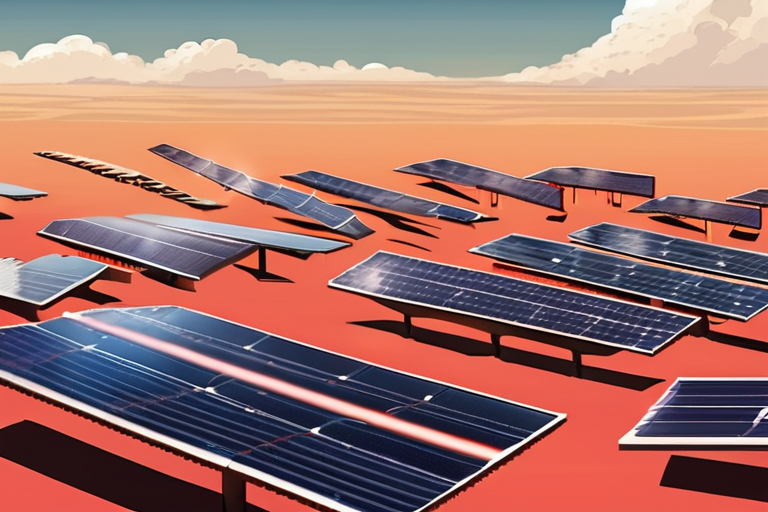
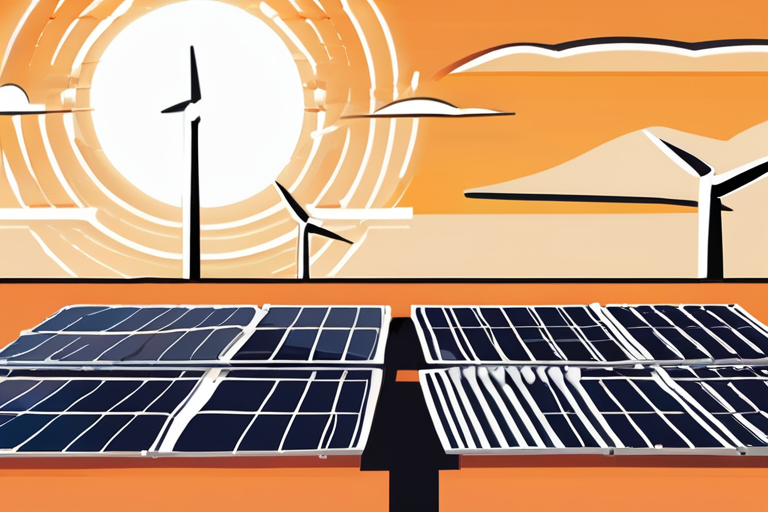
Share & Engage Share
Share this article